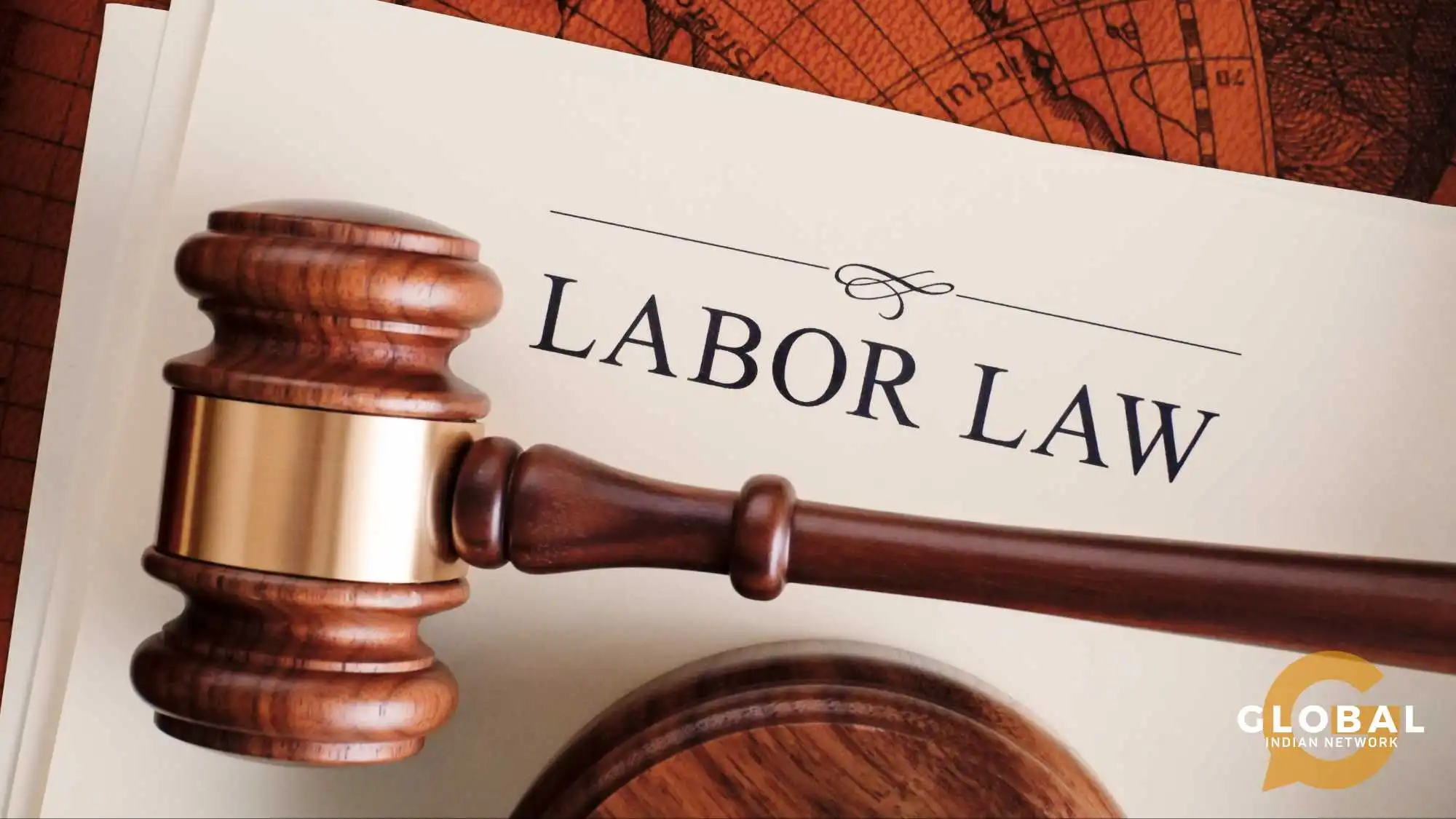Cambodia, or the Kingdom of Cambodia, is a Southeast Asian country known for its temples and cultural history. Home to the famous Angkor Wat, the Khmer country gained independence from the French in 1953. Over the last few decades, as the country navigates its status as a sovereign nation, the legal landscape has seen huge changes, especially in labour law. This blog explores the dynamic nature of labour law in Cambodia and how it impacts trade unions and foreign businesses.
Table of Contents
Background of Labour Law in Cambodia
The first labour law in Cambodia came about in 1982. However, this law was soon outdated, and some significant amendments were made in 1997. All Cambodian labour matters and employment relationship concerns are protected by the constitution and the 1997 labour law.
The current labour law in Cambodia is quite facilitative and aims to provide opportunities and equality for workers without discrimination. Cambodian labour laws apply to all employer-employee relationships in the country, including the two types of employment contracts in Cambodia. These laws ensure minimum wage, holiday periods, a maximum duration of working hours per week, normal working hours, maximum consecutive hours without break, leave on public holidays, maximum working hours per day, a guarantee of the notice period and probationary period, 90 days of maternity leave after one year of continuous service, all fringe benefits as part of the normal wage and annual leave of 1.5 days per month, which can be used for personal or family matters.

All employees are also required to have compulsory medical examinations, which are performed by the Department of Occupational Safety and Health of the Ministry of Labour and Vocational Training. The Ministry of Labour and Vocational Training also ensures the regulation and adherence to the above-mentioned labour laws in Cambodia. All employers must also register their companies and firms in the National Social Security Fund (NSSF) so that the workers can benefit from health care schemes.
How Labour Law in Cambodia Impacts Foreign Businesses and Investments
While there are not many differences in other regulations between foreign investment and domestic investments, labour law in Cambodia does set up some differences when it comes to the benefits of domestic workers. All foreign employees are also protected under the labour laws in Cambodia, and they also enjoy the same benefits, such as average wage rates, employment service, and other aspects of employment. However, foreign businesses must ensure that all their foreign employees possess valid work permits, which must not last longer than fixed-duration or undetermined-duration contracts. Furthermore, only a maximum of 10% of an employer’s workforce can be foreign workers- the rest must be domestic workers. This rule also applies to Cambodian businesses.
Recently, new investment laws have also been added to boost investment opportunities. The new law hopes to attract more open and legal foreign investment, which must not last longer than a fixed duration and be tailored to support socio-economic development.
The Role of Trade Unions in Labour Law Cambodia: Advocacy and Representation
Trade unions play a major role in labour law. Not only do they protect from exploitative practices and government policies that sideline workers, but unions also advocate for workers’ rights, representing workers and advocating for them. These unions play a particularly important role in Cambodia’s industries of garments, as they operate primarily based on fixed short-term contracts. The unions ensure that registered workers receive all their days of wage, no unpaid wages, as well as guarantee minimum wage and help in record keeping.
Under labour law in Cambodia, Unions are ranked based on the Most Representative Status (MRS), which is a status provided to the majority union at a workplace or to unions that currently represent over 30% of the workplace. To advocate or represent these workers effectively at conflict resolution meetings or labour dispute cases, unions are strongly preferred by the MRS status. This makes representation very important, as the unions have a much larger pool of resources than the workers.

Future Challenges in Labour Law of Cambodia: Adapting to a Changing Workforce Landscape
There seem to be a lot of changes ahead in the landscape of Labour law in Cambodia. Labour laws are expected to change as the country looks to navigate itself and adapt to a growing economy, international compliance, and improved worker protections. A significant focus of these future reforms is likely to be on improving compliance with existing laws. The Ministry of Labour and Vocational Training (MLVT) is expected to embrace digital tools such as automated self-declaration systems, which will help streamline processes and add security. There may also be the addition of enhanced monitoring mechanisms that may lead to stricter penalties for violations and reinforce accountability.
Just recently, the International Labour Organisation announced a new initiative that is set to reinforce labour resolution in Cambodia. The project is titled “Social Dialogue & Capacity Building for Strengthening Labour Disputes Prevention & Resolution Mechanisms” and is set to collaborate with various employers, workers and governments. There is also a set focus on resolving wage disputes, which involves setting minimum wages and addressing wage disparities in various industries. Labour law in Cambodia also sees an emphasis laid on strengthening worker’s unions to help worker advocacy and representation.
Conclusion
In conclusion, Labour law in Cambodia is evolving to balance economic growth with worker protection. From the foundational 1997 Labour Code to modern reforms, the focus remains on fairness, compliance, and integrating international standards. Trade unions remain key advocates for workers, especially in sectors like garment manufacturing. For foreign investors, opportunities come with challenges, such as strict compliance and workforce integration requirements. Looking ahead, digitalization and improved enforcement aim to modernize labour policies. As Cambodia transitions toward a middle-income economy, its labour laws must continue to foster competitiveness while protecting workers’ rights, paving the way for sustainable development.

FAQs
What is the Notice Period for Resignation in Cambodia?
The notice period for resignation in Labour Law Cambodia varies based on the length of employment:
Less than 6 months: 7 days’ notice.
6 months to 2 years: 15 days’ notice.
2 years to 5 years: 1 month’s notice.
5 years to 10 years: 2 month’s notice.
more than 10 years: 3 month’s notice
This notice period applies to both fixed-duration contracts (FDCs) and undetermined-duration contracts (UDCs), ensuring fair transition for employers and employees.
How Much are Labour Wages in Cambodia?
The minimum labour wage guaranteed under the labour law in Cambodia is around $200 per month.
What is the Probationary Period in Cambodia’s Labour Law?
The maximum probationary period a company can set is 3 months.









